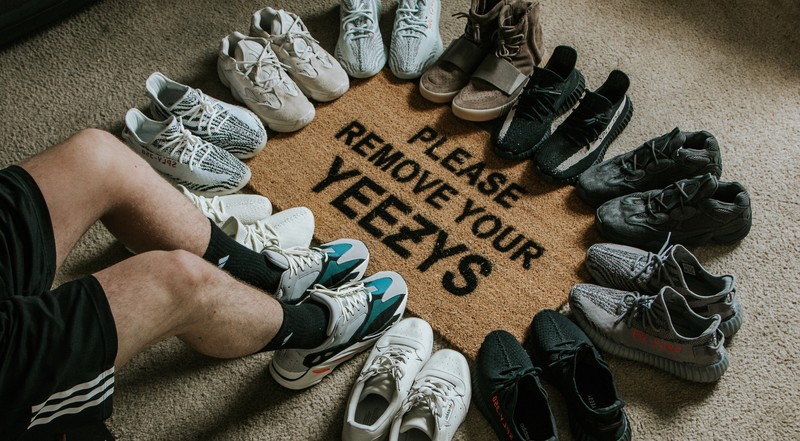If you’ve been keeping up with celebrity news, you probably know the sneaker market is in trouble right now.
If not, we’ll explain what the death of Yeezy, an Adidas collaboration with the controversial (and now “cancelled”) rapper Kanye West, means for the ~$8 billion resale market—which some analysts consider to be an alternative asset class to, say, stocks or real estate.
What happened: After Adidas cut ties with West over instances of hate speech and anti-Semitic behaviour, Yeezy sneakers were immediately pulled from shelves.
-
The end of the Yeezy brand (at least with West’s participation) created a new sense of scarcity around the shoes, driving up prices on resale sites by up to 50%.
- Prices have stabilized as sellers offload kicks that may be seen as promoting the rapper’s opinions, which could tank their value no matter how rare they might be.
Why it matters: Nike, Air Jordan, and Adidas account for ~98% of total revenue in the global sneaker resale market. Without Yeezys (which make up almost all of Adidas’ share), sneaker-makers will be left with some (quite literally) big shoes to fill.
- Some experts believe another brand could step in and take Yeezy’s place—the smart money’s on New Balance, a once deeply uncool brand that’s seeing a renaissance.
Zoom out: Given the presence of Yeezy’s on the resale sneaker market, others worry the fall could worsen an inevitable crash (amidst an economic downturn), as resale prices are already dropping and StockX, the premier resale site, laid off employees earlier this year.
